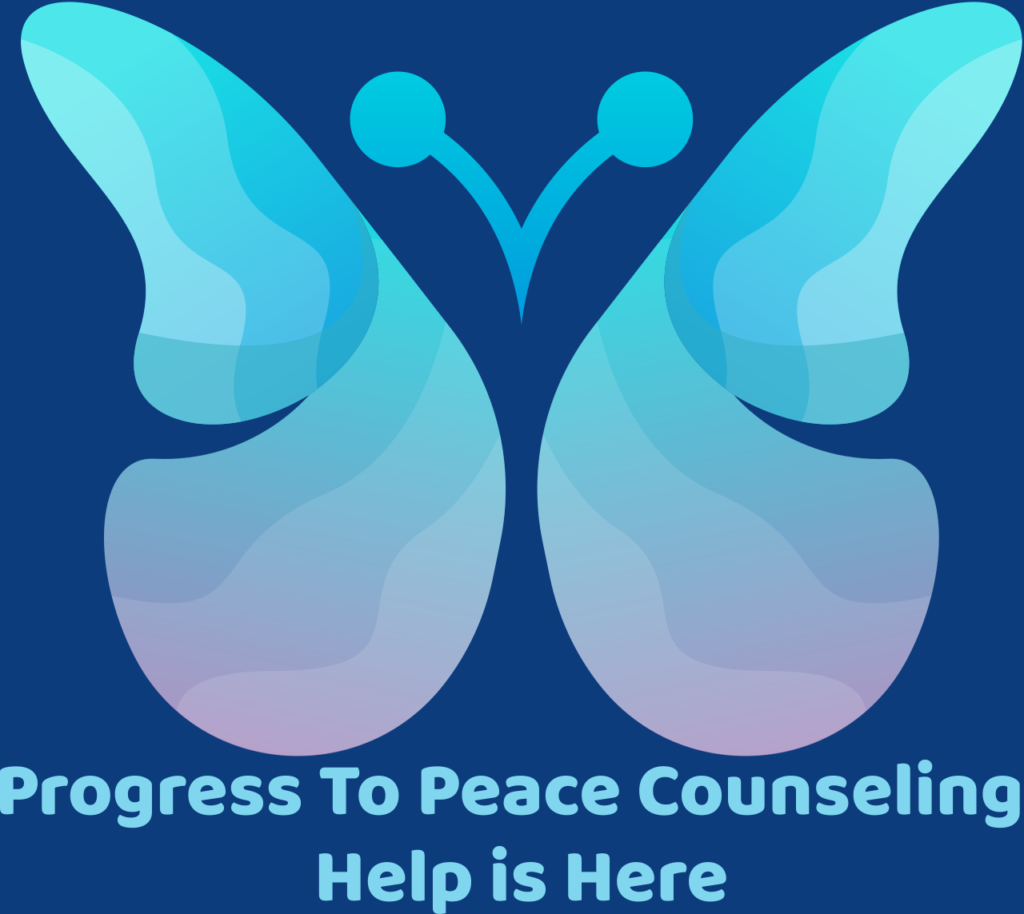
Understanding the Nature of Change
Change is often uncomfortable because it pushes us out of our familiar routines and challenges our sense of security. Even positive changes, like getting married or starting a new job, can cause stress because they require adjustments in our mindset, behavior, and daily lives. The key to navigating life transitions confidently is understanding that change is a natural part of life’s journey. It’s a force that encourages growth, pushing us to develop new skills, perspectives, and resilience.
Rather than resisting change, it’s important to accept that uncertainty is a normal part of life. Recognizing that change often brings new opportunities and personal development can shift your perspective, making it easier to embrace what’s to come. With this mindset, change no longer feels like something to fear but something to learn from.
Staying Adaptable and Open-Minded
Adaptability is another crucial element of confidently navigating change. Life rarely unfolds exactly as planned, and being flexible in the face of new circumstances can make transitions smoother. Staying adaptable means being open to new possibilities and adjusting your expectations as situations evolve.
One effective way to stay adaptable is to reframe challenges as opportunities for growth. Instead of focusing on what you’ve lost or what’s uncertain, shift your perspective toward what you might gain from the transition. Each change, no matter how difficult, presents a chance to learn something new about yourself or the world around you. By viewing challenges as opportunities, you empower yourself to face them with curiosity and a willingness to grow.
Adaptability also involves letting go of the need for control. It’s natural to want certainty in life, but often, life’s greatest opportunities arise when we let go of rigid expectations and allow ourselves to be open to what comes next.
Building a Support System
No one should go through life transitions alone. Having a support system in place can make all the difference in how you experience and navigate change. Friends, family, or a therapist can offer guidance, comfort, and perspective during uncertain times. Sharing your concerns and emotions with others can help you feel less isolated, while gaining insights from those who have gone through similar transitions can be reassuring.
In addition to emotional support, practical support is also valuable during life transitions. Whether it’s seeking career advice, help with childcare, or simply having someone to talk to, leaning on others can reduce the stress of navigating change. Remember, asking for help is not a sign of weakness but a sign of strength—it shows that you’re willing to acknowledge your needs and seek the tools that will help you move forward confidently.
Conclusion
Life transitions, whether planned or unexpected, are an inevitable part of the human experience. While they can be challenging and uncomfortable, they are also opportunities for growth and transformation. With the right mindset and tools, you can thrive through transitions and emerge stronger, wiser, and more self-assured.














